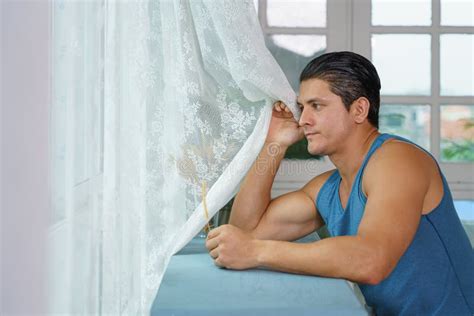In many societies, masculinity has long been equated with an unwavering display of strength, resilience, and an almost impenetrable emotional fortress. From childhood, boys are often subtly and overtly taught to “be a man,” which frequently translates into suppressing emotions, never showing weakness, and tackling challenges with stoic resolve. This deeply ingrained mindset, the belief that one must always be “strong” or “invulnerable,” creates a profound internal conflict when a man inevitably encounters personal vulnerability.
The Invisible Burden of Invulnerability
The societal narrative often dictates that true strength lies in an absence of pain, fear, or emotional fragility. Men are conditioned to view vulnerability not as a natural human experience, but as a flaw, a chink in their armor that must be hidden at all costs. This conditioning begins early, reinforced by media, peer groups, and even well-meaning family members who encourage boys to “suck it up” or “don’t cry.” As a result, the internal self-assessment system of many men becomes highly critical when faced with moments of genuine emotional exposure.

When Vulnerability Strikes: The Internal Reckoning
When a man experiences personal vulnerability—whether it’s professional failure, emotional heartbreak, physical illness, or a deep sense of inadequacy—his pre-programmed response often kicks in. Instead of acknowledging the feeling, the internal dialogue frequently devolves into self-criticism. Thoughts like, “I should be able to handle this,” “This isn’t manly,” or “I’m weak for feeling this way” are common. The very act of feeling vulnerable is perceived as a failure of his masculine identity, leading to feelings of shame, embarrassment, and a significant drop in self-esteem.
This internal self-assessment isn’t just about the current situation; it often re-evaluates his entire being through the lens of perceived weakness. He might question his capabilities, his worth, and his place in the world, believing that his vulnerability diminishes him in the eyes of others, and more importantly, in his own eyes.

The Cycle of Suppression and Isolation
To cope with this negative self-assessment, many men resort to suppression. They may actively try to push down or ignore vulnerable feelings, internalizing them rather than expressing them. This can manifest as emotional numbness, anger outbursts, or even turning to unhealthy coping mechanisms like substance abuse or workaholism. The fear of being perceived as weak leads to emotional isolation, as sharing vulnerability means risking judgment, which the ingrained mindset considers an unacceptable outcome.
This cycle perpetuates the problem: the more a man suppresses his emotions, the less he understands them, and the more challenging it becomes to navigate future instances of vulnerability. His internal self-assessment remains fixed on the idea that vulnerability is a deficit, preventing genuine self-compassion and hindering the development of emotional intelligence.

Redefining Strength: The Path to Authentic Self-Assessment
Breaking free from this ingrained mindset requires a conscious effort to redefine what strength truly means. True strength isn’t the absence of vulnerability, but rather the courage to acknowledge, experience, and express it. It’s about understanding that human emotions, including fear, sadness, and uncertainty, are universal and do not diminish one’s worth or capabilities.
When men begin to challenge the traditional notions of masculinity, they can cultivate a more compassionate and accurate internal self-assessment. This involves recognizing that experiencing vulnerability is a sign of being human, not a failing. It’s about building emotional literacy and learning that sharing one’s true feelings can foster deeper connections and build resilience, rather than expose a weakness.

Embracing vulnerability allows for genuine self-reflection and personal growth. It shifts the internal assessment from a judgment of inadequacy to an opportunity for self-understanding and connection. By integrating vulnerability into their definition of strength, men can move towards a more authentic and holistic sense of self, one that values emotional honesty over an unattainable ideal of invulnerability.

Conclusion
The ingrained mindset of needing to be “strong” or “invulnerable” profoundly distorts a man’s internal self-assessment when faced with personal vulnerability, often leading to shame, self-criticism, and emotional suppression. However, by challenging restrictive masculine norms and redefining strength to include emotional openness, men can cultivate a healthier, more compassionate self-perception. Embracing vulnerability is not a surrender of strength but an essential step towards authentic self-assessment, emotional resilience, and richer, more meaningful lives.




